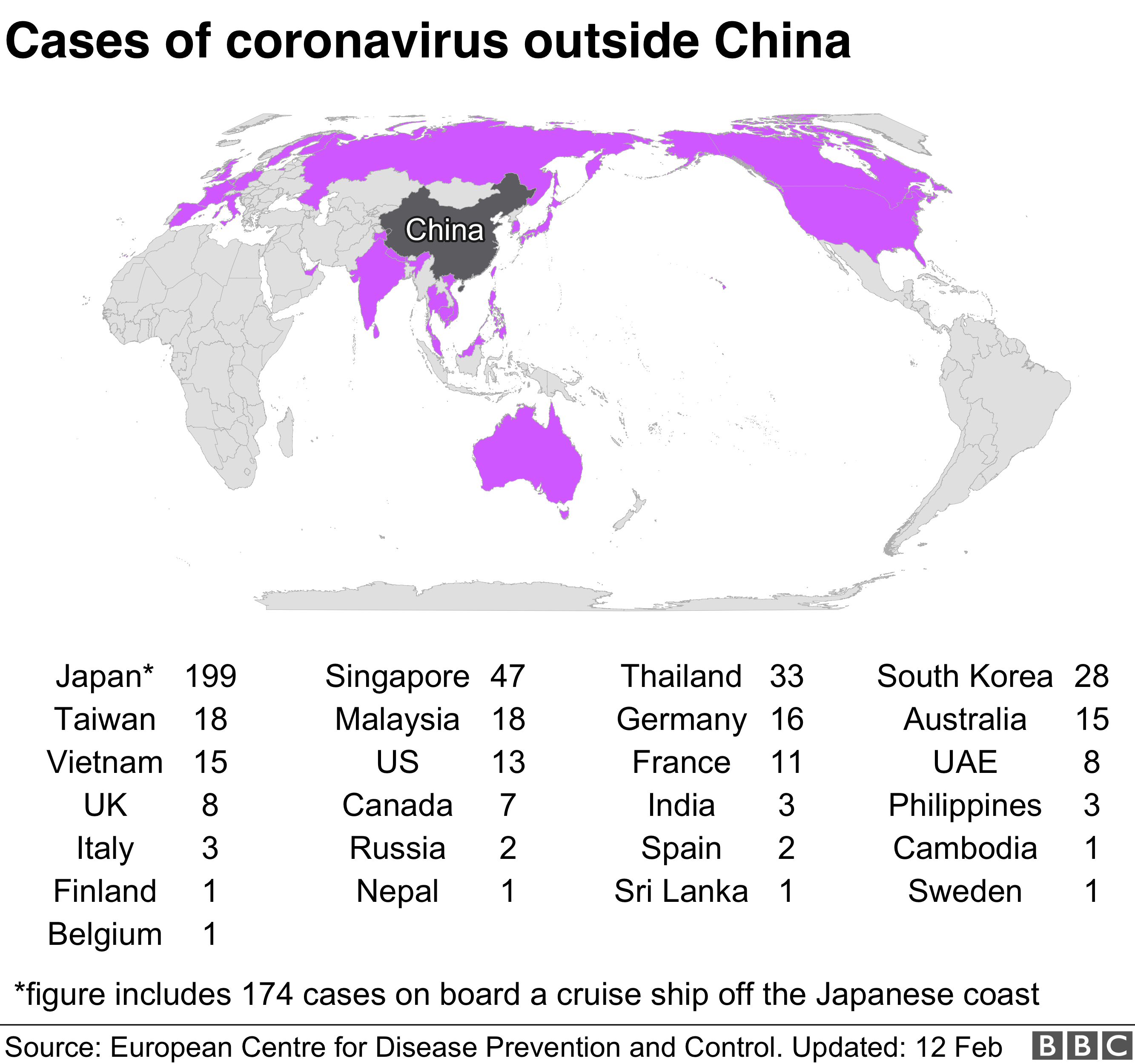OUR whole life consists of innumerable fabulous and non-existing parts. We all carry myths into our life and bring our share of unrealistic expectations taught and shaped by education, media, church, and culture and our friends or parents. And? We all experienced it in different situations: suddenly these dreams give way to unhappy nights and terrible realistic mornings. Marriage life, i.e., loses it glow and ardor. Which sets in? Sure: foil, frustration, disillusionment, misanthropy, and many times cynicism become main parts of life.
Spouses start thinking they may have made a big mistake and married the wrong partner. Some become fidgety and uncertain and - look for another, maybe "very special one", who might fulfill their faded hopes and uncertain dreams. Others rather than risk the temptation to look outside of he relationship for "fulfillment" , moving forward gradually deaden their hearts and deny the desire of something more. Bearing with patience becomes the goal of life. The dream of enjoyment fades into a faint glimmer of the past.
"Finally I got someone at my side who will meet my needs!". How many times we have these outspoken thoughts in mind? Sorry to say, many Filipinas got these thoughts after having met a foreigner... . This myth comes out of a self-centered preoccupation with a terrible egoistic touch.
But listen, didn't we forget, that marriage and every kind of dual partnership should be viewed as a "we-relation' and not as a "me-relation"? This myth explodes with the realization that a health partnership needs two understanding people, who are committed to be there for each other. There should NOT be two individuals seeking for self-fulfillment!
This and that... . It's not easy to write a weekly column in a daily, while many people and important events pass my path. The "Common Myths About Marriage" has to be continued, although they are are heavenly belong to my daily life thoughts.
Romantic feelings rely on a complicated concoction of chemicals and psychology. But as part of our series on Life’s Big Questions with The Conversation, we ask, can they wear off?
Author Parashkev Nachev wrote this on Valentines' Day 2020: I have recently fallen head over heels in love, but my cynical friends keep telling me that love is nothing but a cocktail of pheromones, dopamine and oxytocin, and that these wear off after a couple of years. The thought scares me, it makes the whole thing seem meaningless. Is love really just brain chemistry?
Before, behind, between, above, below love! It is no accident that arguably the most erotic line of English poetry is all prepositions. The essence of love, at least of passionately romantic love, is revealed in its very grammar. We “fall” in love, not “wander” into it. And, as you say, we fall “head over heels”, not dragging our feet – often at “first sight” rather than on careful inspection. We fall in love “madly, blind” to the other's vices, not in rational appraisal of their virtues.
Romantic love is overwhelming, irresistible, ballistic. It is in control of us more than we are ever in control of it. In one sense a mystery, it is in another pure simplicity – its course, once engaged, predictable and inevitable, and its cultural expression more or less uniform across time and space. The impulse to think of it in terms of simple causes precedes science. Consider the arrow of Cupid, the potion of a sorcerer – love seems elemental.
Yet love is not easily conquered by science. Let us look at why. Sex pheromones, chemicals designed to broadcast reproductive availability to others, are often quoted as key instruments of attraction. It is an appealing idea. But while pheromones play an important role in insect communication, there is very little evidence that they even exist in humans.
Of course, even if we could identify such a substance, any message – chemical or otherwise – needs a recipient. So where is the letterbox of love in the brain? And how is the identity of the “chosen one” conveyed, given that no single molecule could possibly encode it?
When romantic love is examined with imaging of the brain, the areas that “light up” overlap with those supporting reward-seeking and goal-oriented behavior. But that parts of our brains are set ablaze by one thing does not tell us much if they are just as excited by a very different, other thing. And the observed patterns of romantic love are not that different from those of maternal bonding, or even from the love of one's favorite football team. So we can only conclude that neuroscience is yet to explain this "head over heels" emotion in neural terms.
Do we simply need more experiments? Yes, is usually the scientist's answer, but this assumes love is simple enough to be captured by a mechanistic description. Each reproductive decision can be neither simple nor uniform, for we cannot be allowed to be guided by any single characteristic, let alone the same one. Universally attractive though tallness might be, if biology allowed us to select on height alone we would all have gigantism by now. And if the decisions have to be complex, so must the neural apparatus that makes them possible.
While this explains why romantic attraction must be complex, it doesn't explain why it can feel so instinctual and spontaneous – unlike the deliberative mode we reserve for our most important decisions. Wouldn't a cool, detached rationality be better? To see why it would not, consider what explicit reasoning is there in the first place. Evolving later than our instincts, we need rationality only to detach ourselves from the grounds for a decision so that others can record, understand and apply it independently of us.
But there is no need for anyone else to understand the grounds for our love, indeed the last thing we want to do is provide others with a recipe to steal our object of desire. Equally, in ceding control to recorded cultural practice, evolution would place too much "trust" in a capacity – collective rationality – that is, in evolutionary terms, far too young.
It is also a mistake to think of instinct as simple, and inferior to careful deliberation. That it is tacit makes it potentially more sophisticated than rational analysis, for it brings into play a wider array of factors than we could ever hold simultaneously in our conscious minds. The truth of this stares us in the face: think how much better we are at recognizing a face compared with describing it. Why should the recognition of love be any different?
Ultimately, if the neural mechanisms of love were simple, you should be able to induce it with an injection, to extinguish it with a scalpel while leaving everything else intact. The cold, hard logic of evolutionary biology makes this impossible. Were love not complicated, we would never have evolved in the first place.
That said, love – like all our thoughts, emotions and behaviors – rests on physical processes in the brain, a very complex interplay of them. But to say that love is "just" brain chemistry is like saying Romeo and Juliet is “just” words – it misses the point. Like art, love is more than the sum of its parts.
If the honeymoon is over, and the dark clouds if our daily life erase the pink-tinted illusions, must one faces such as: Where is the scratch on the side of my car? Why must we discuss topics like money, sex, in-laws, friends and such things...?









